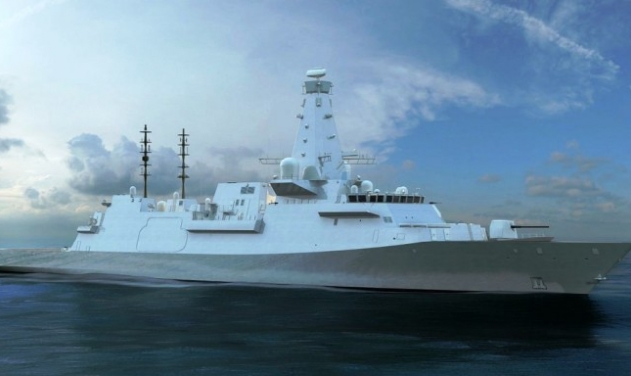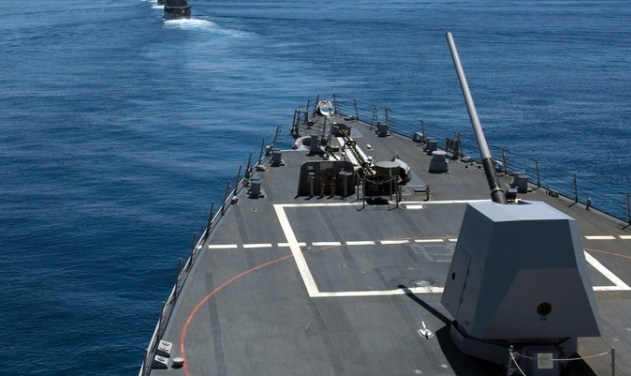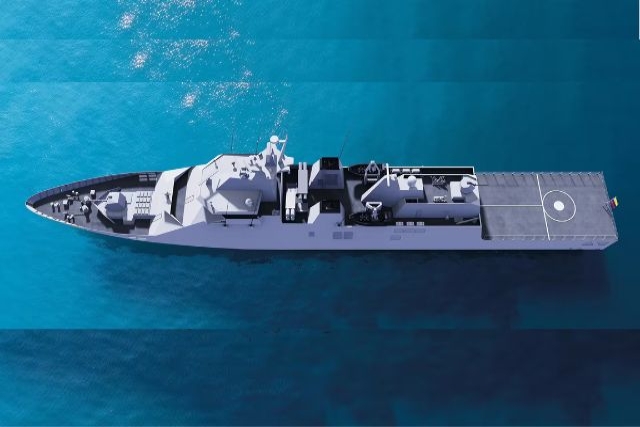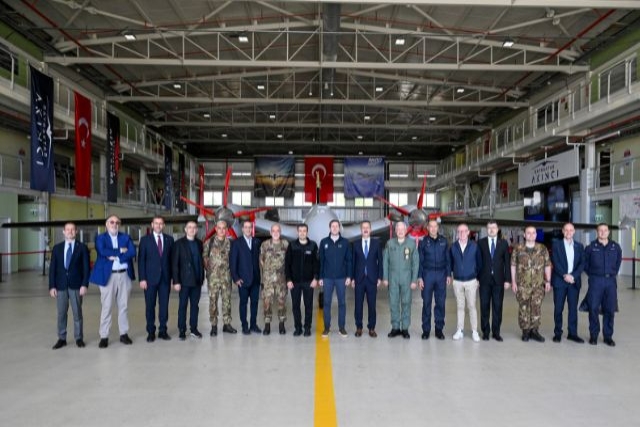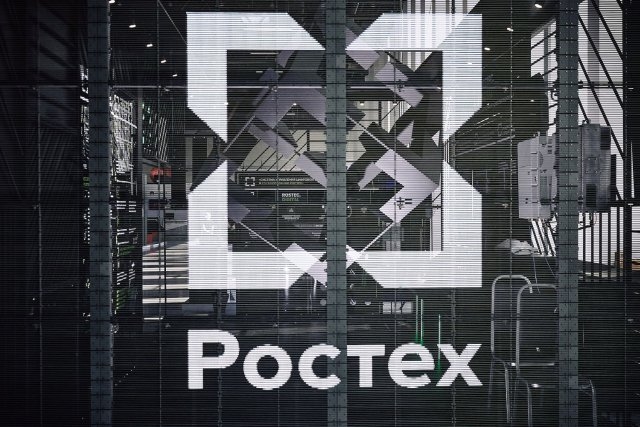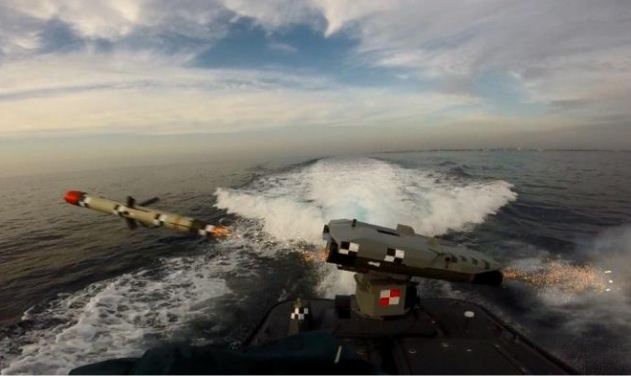BAE Systems Developing Big Data Tech To Monitor Ship Performance
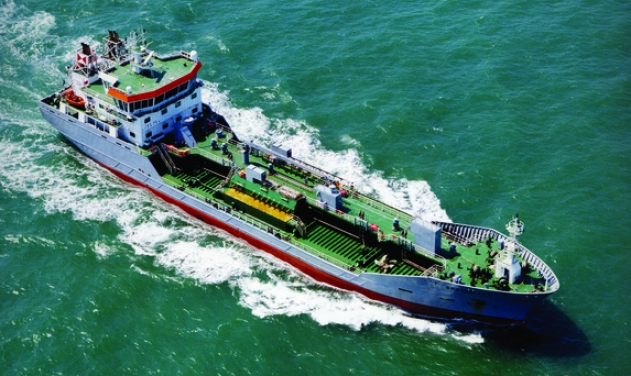
BAE Systems is testing a new big data technology known as the Ship Energy Assessment - Condition Optimisation & Routing Enhancement System (SEA-CORES), which enhances ship maintenance for the UK Royal Navy as well as commercial organisations.
The jointly funded research project, sponsored by Innovate UK, seeks to develop a technology that monitors equipment, fuel and energy performance for better management of fleets in real-time.
BAE Systems announced Tuesday that it is partnering with researchers from the University of Southampton on the project, with James Fisher and Sons, and Fugro and OSISoft UK serving as the technology suppliers.
“This technology will provide the Royal Navy with valuable information that will enable it to make better decisions about how it operates the fleet. For instance, reducing speed may save fuel, but could increase the wear to the engine if it sails below its optimum speed," BAE Systems engineering and energy services head Chris Courtaux said.
“Providing real-time data about the impact of such decisions can help the operator to reduce fuel consumption and minimise wear on the engine, helping to save costs and increase the availability of the fleet to fulfil operational commitments," he added.
“The same technology is valuable for commercial companies looking for opportunities to boost the competitiveness of their operations.” Courtaux added.
The SEA-CORES has been designed to cater to the increasing complexities of modern warships and the large amount of data they produce. The software analyses the vibration and trim performance of the vessel, its hull and superstructure state along with environmental conditions such as weather and associated ship performance characteristics, including energy consumption.
SEA-CORES operates together with BAE System’s existing technologies, ship energy assessment system (SEAS) and system information exploitation (SIE) technology, connecting fuel and engine optimisation to model the relationships between the different ships systems. It then advises strategies using genetic algorithms for an optimized vessel performance.
The technology is being tested on a commercial tanker supplied by James Fisher and Sons in Northern Europe, and will be carried out until the end of this year.
